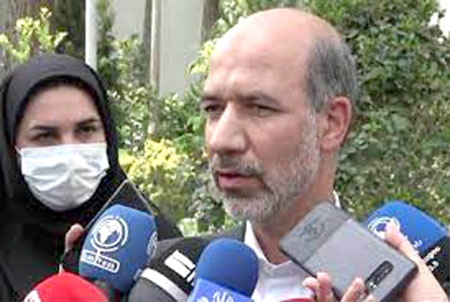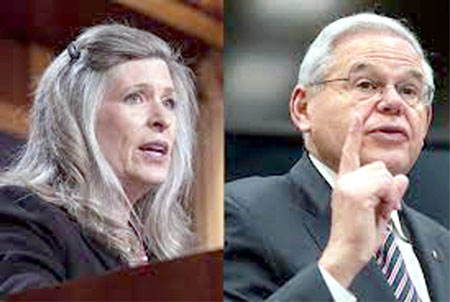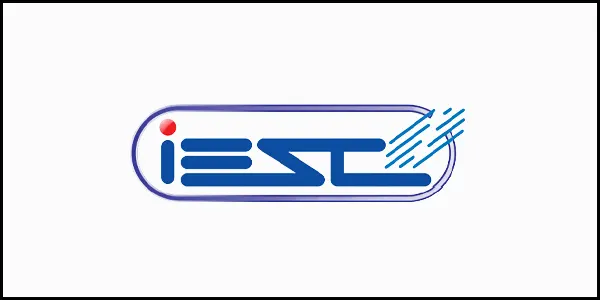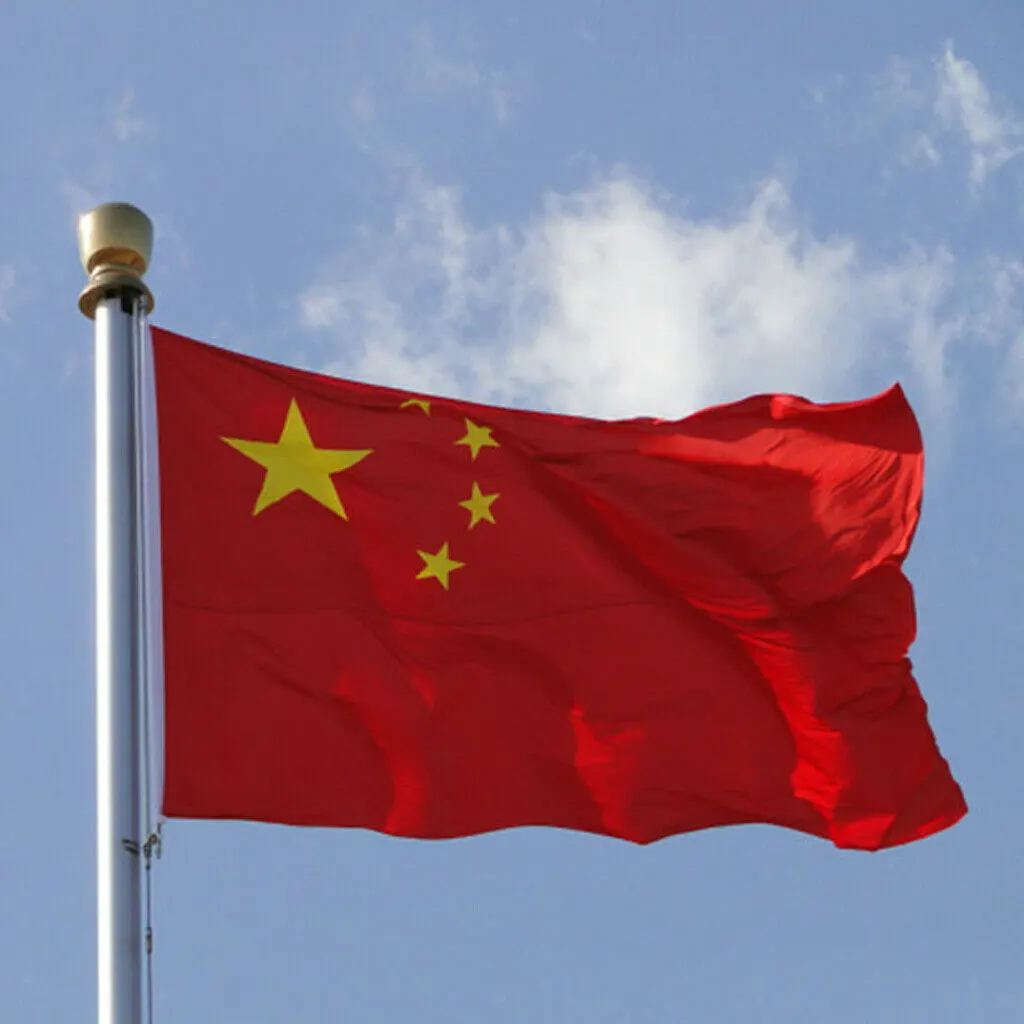The Minister of Energy of Iran, Ali Akbar Mehrabian, said that the Islamic Emirate should give Iran its water rights based on the 1973 water treaty between the two countries.
Mehrabian added that he will soon travel to Afghanistan to solve the challenges of water rights of his country.
“The Afghan side has agreed to Iran’s water rights, and this is a positive step, but it is not sufficient for us. We demand our legal water rights, which is mentioned in the 1973 treaty,” Mehrabian said.
But the officials of the Ministry of Energy and Water said that the Islamic Emirate is committed to honoring Iran’s water rights.
“The Islamic Emirate of Afghanistan is committed to paying Iran’s water rights according to the treaty of 1973,” said Akhtar Mohammad Nusrat, a spokesman of the Ministry of Energy and Water.
According to the 1973 treaty, Afghanistan committed to sharing the water from Helmand River with Iran at the rate of 26 cubic meters of water per second, or 850 million cubic meters per annum.
“This treaty is for a usual water year. A usual water year is a year through which the annual amount of water flowing is 5.61 billion cubic meters in Helmand river, in accordance with the water measuring machines,” said Najib Aqa Fahim, an international relations analyst.
Mehrabian’s remarks come as the second phase of the Kajaki power dam, now providing 100 megawatts of power, was inaugurated on Wednesday with senior officials of the Islamic Emirate and a top Turkish diplomat attending.
Meanwhile, two days after the complaint of Iran’s foreign ministry saying that Iran did not receive its share of water from Helmand River last year, officials from the Afghan Ministry of Energy and Water said Iran will receive its share based on the water treaty signed by the two countries in 1973.
According to the treaty, Afghanistan committed to sharing the water from the Helmand River with Iran and will supply 26 cubic meters of water per second, or 850 million cubic meters per annum.
The treaty was signed by the then-Prime Minister of Afghanistan Mohammad Musa Shafiq and his counterpart Abbas Hoveida, the then-Prime Minister of Iran.
Saeed Khatibzadeh, spokesman of Iran’s foreign ministry, on Monday at a press briefing said last year Iran only received five percent of its share of water. “During the past water year less than 5 percent of Iran’s share (of the Helmand river) based on the 1973 agreement has been given. And so far no share has been given to Iran (this year).”
Officials from the Ministry of Energy and Water meanwhile said the Islamic Emirate is committed to giving Iran’s share based on the water treaty. According to the officials, in the past year enough water might not have flown to Iran due to droughts in Afghanistan.
Akhtar Mohammad Nusrat, spokesman of the ministry, said a delegation has gone to Nimroz province to assess the issue of water. “The Islamic Emirate will give water based on the Musa Shafiq treaty. I can say that there was drought and because of that water might not have flowed enough,” he said.
Meanwhile, Najib Aqa Fahim, an international relations analyst, said every year more water flows into Iran than what has been specified in the water treaty. “In the past 40 years since the signing of the treaty, Iran has received many times more water from Helmand River (than the amount specified in the treaty),” he said.—Tolonews











